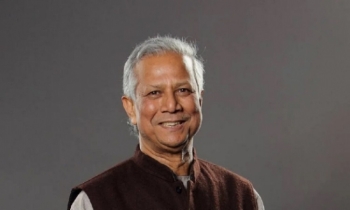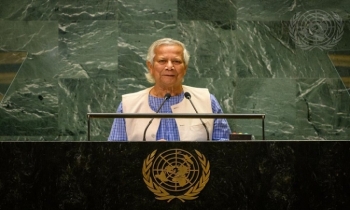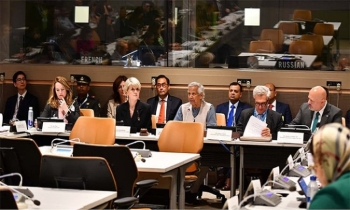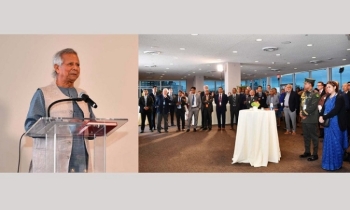Digitalisation helped Bangladesh retain economic growth despite pandemic: Joy
UNB || BusinessInsider

Sajeeb Wazed Joy. Photo: Collected
Despite the Covid-induced disruptions in the global labour market with millions of job losses, Bangladesh managed to prevent employment shrinkage and retain its growth levels owing to its rapid digitalisation, said Prime Minister’s ICT Adviser Sajeeb Wazed Joy.
He made this observation in an article, carried by The Washington Times headlined ‘Digital leaps helped Bangladesh navigate the pandemic’.
“Many industries and governments are struggling to adapt. But in Bangladesh, a government plan to modernise and digitise its economy, education sector, and health care has provided some answers,” he observed.
Reflecting on benefits of the country’s digital transformation, Joy said, “The Digital Bangladesh initiative, which started to be implemented 2009, quickly increased internet access and paved the way for multifaceted economic development. In short order, Digital Bangladesh replaced slow, paper-based government services with easy-to-use internet and smartphone-based programs.”
“The plan worked. The government created a network of more than 8,500 Digital Centers that provided online services from cradle to grave. In 2008, those services were all but inaccessible; only 800,000 people in Bangladesh had access to the internet. Now, Bangladesh boasts more than 120,000,000 internet users. The internet covers 98% of the country,” he added.
Appreciating the government initiative to launch Bangabandhu-I satellite, he remarked that Bangladesh’s first geostationary communication satellite, Bangabandhu-1, has accelerated digital work. The satellite, which was launched in 2018, extends Bangladesh’s internet coverage to its remotest regions, allowing even rural Bangladeshis to receive telemedicine support, e-learning, and e-banking.
“Freelance jobs include computer programming, web design, tax preparation, search engine optimization, and marketing. Asia has become the number-one region for providing outsourcing services to the rest of the world,” he added.
Bangladesh’s youthful population (nearly 65% are under the age of 25) is well-positioned to take advantage of Digital Bangladesh and the new types of employment it affords. Bangladesh retooled its educational system and now graduates 500,000 digital workers annually, Joy further said.
























